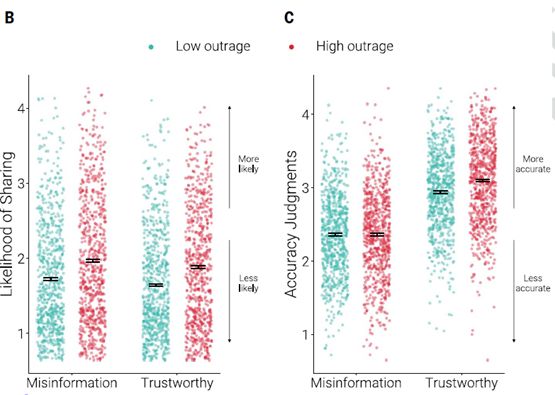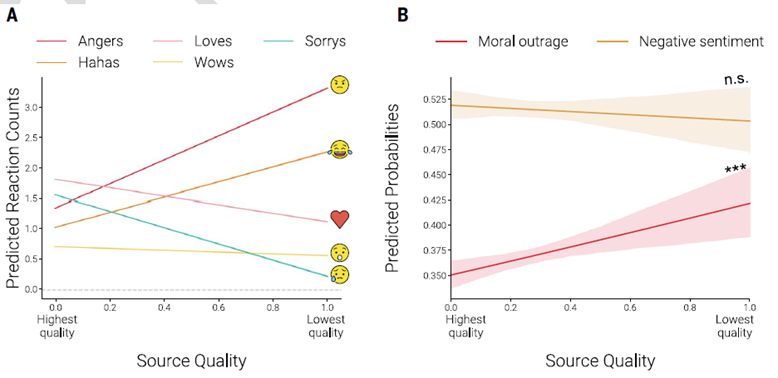




👉theory-driven modeling: Hyowon Gweon
👉data-driven discovery: @clemensstachl.bsky.social
👉application: me
👉 panel: @steveread.bsky.social Sandra Matz, @markthornton.bsky.social Wil Cunningham

👉theory-driven modeling: Hyowon Gweon
👉data-driven discovery: @clemensstachl.bsky.social
👉application: me
👉 panel: @steveread.bsky.social Sandra Matz, @markthornton.bsky.social Wil Cunningham


#spsp2025 #comppsych

#spsp2025 #comppsych
#spsp2025 #comppsych

#spsp2025 #comppsych

#spsp2025 #comppsych
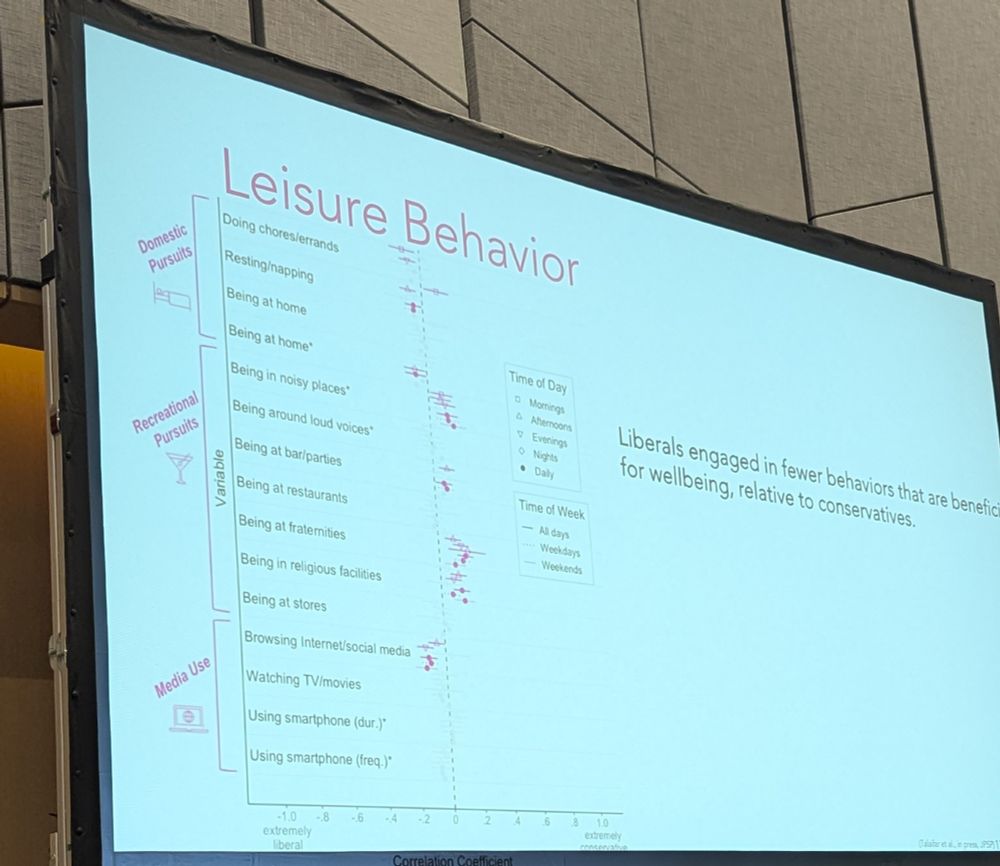
#spsp2025 #comppsych
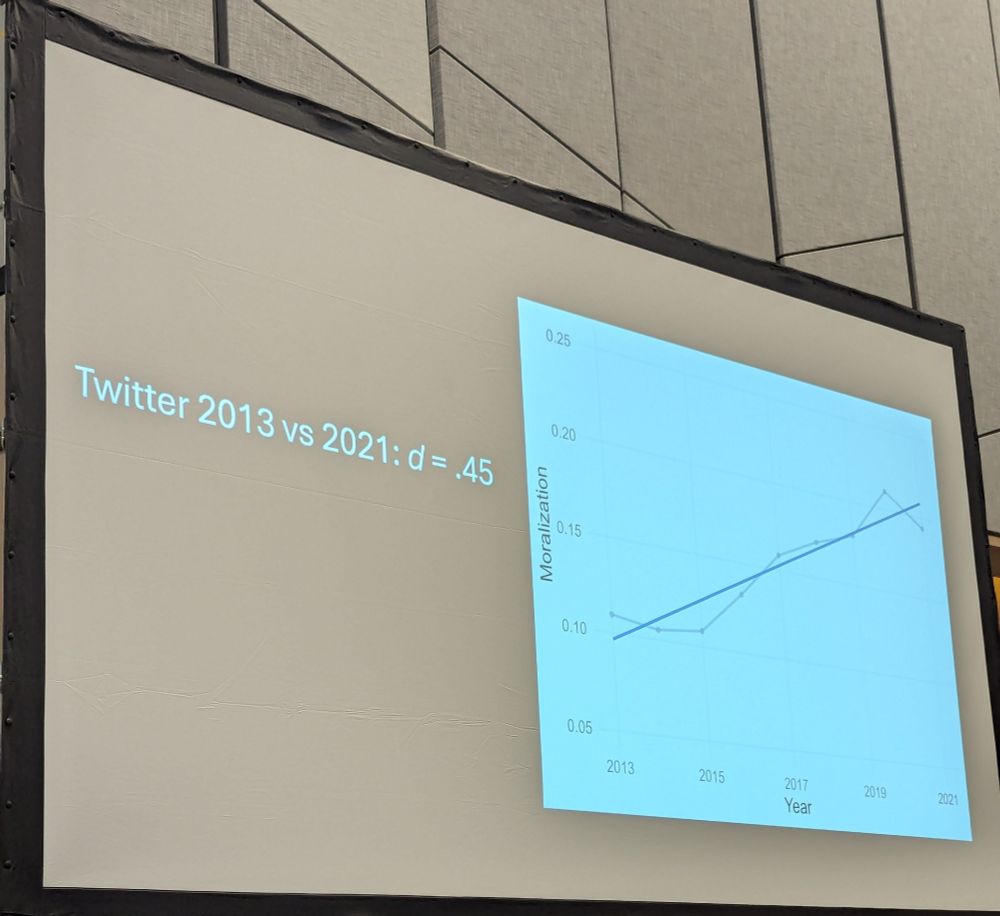

#spsp2025 #comppsych

#spsp2025 #comppsych






@merielcd.bsky.social
& Silvan Baier 🧵👇
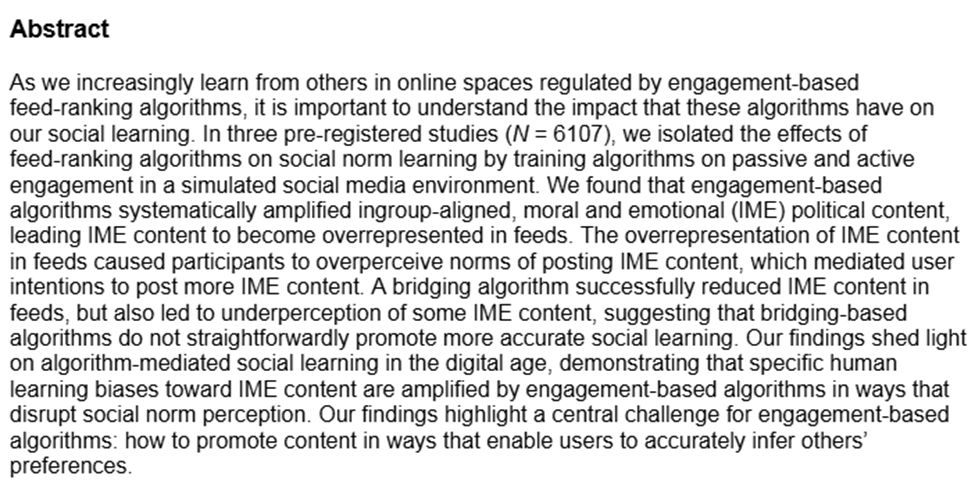
@merielcd.bsky.social
& Silvan Baier 🧵👇
osf.io/preprints/os...
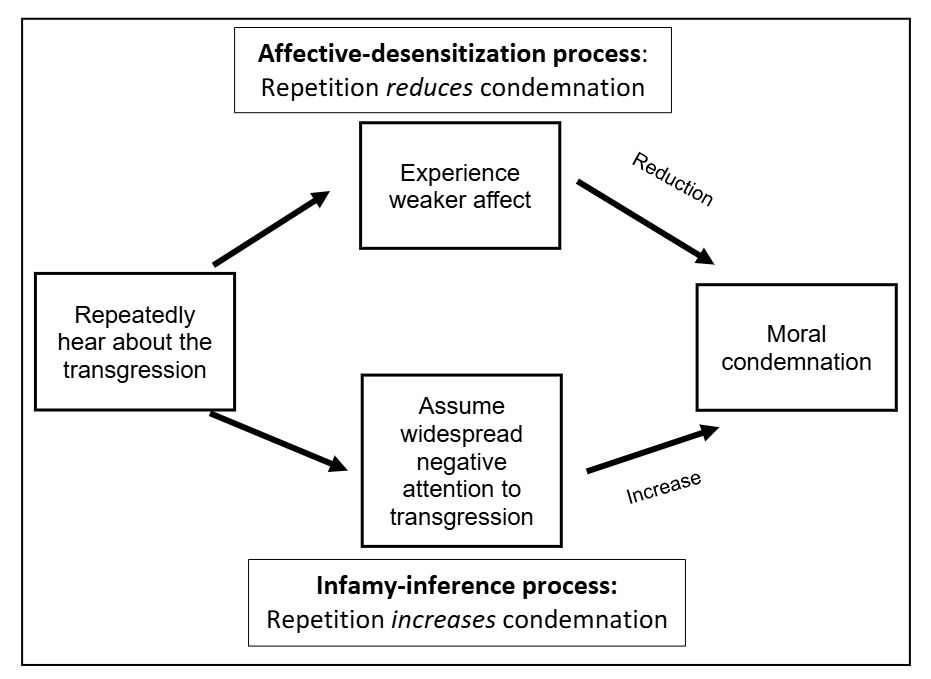
osf.io/preprints/os...
💠We get desensitized = ⬇️ wrong
💠Transgression seems more infamous =⬆️wrong
Relative strength of each may predict outrage to viral transgressions w/ @danieleffron.bsky.social
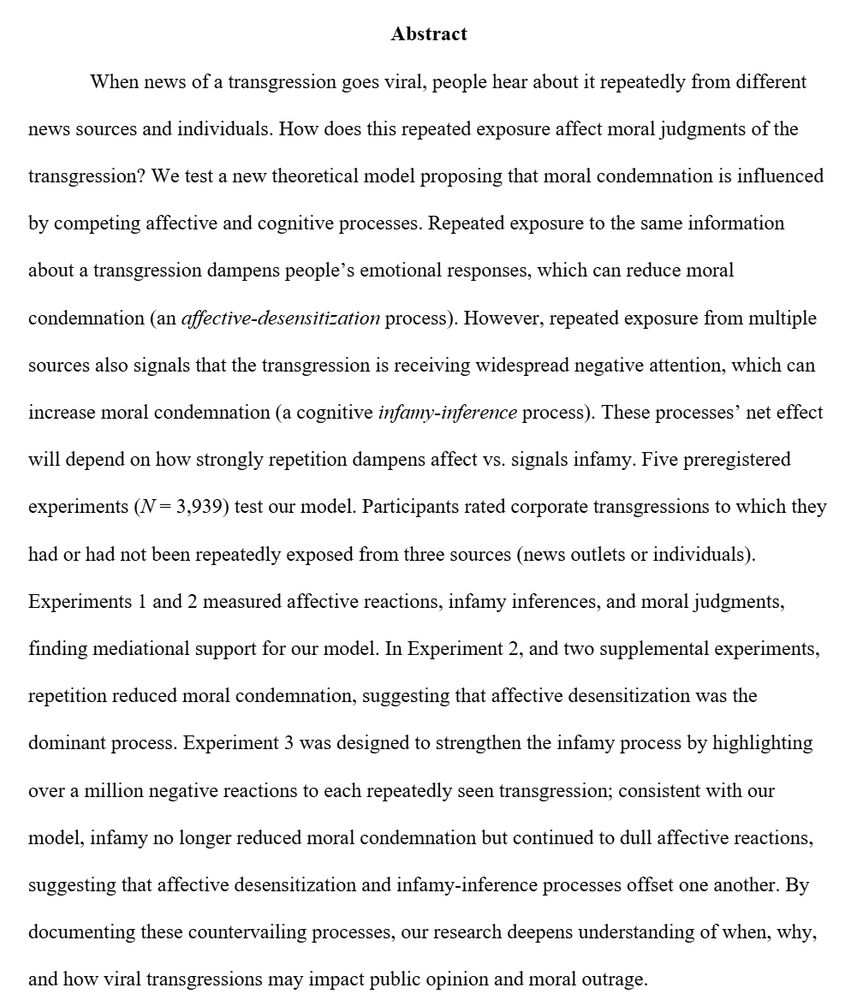
💠We get desensitized = ⬇️ wrong
💠Transgression seems more infamous =⬆️wrong
Relative strength of each may predict outrage to viral transgressions w/ @danieleffron.bsky.social
